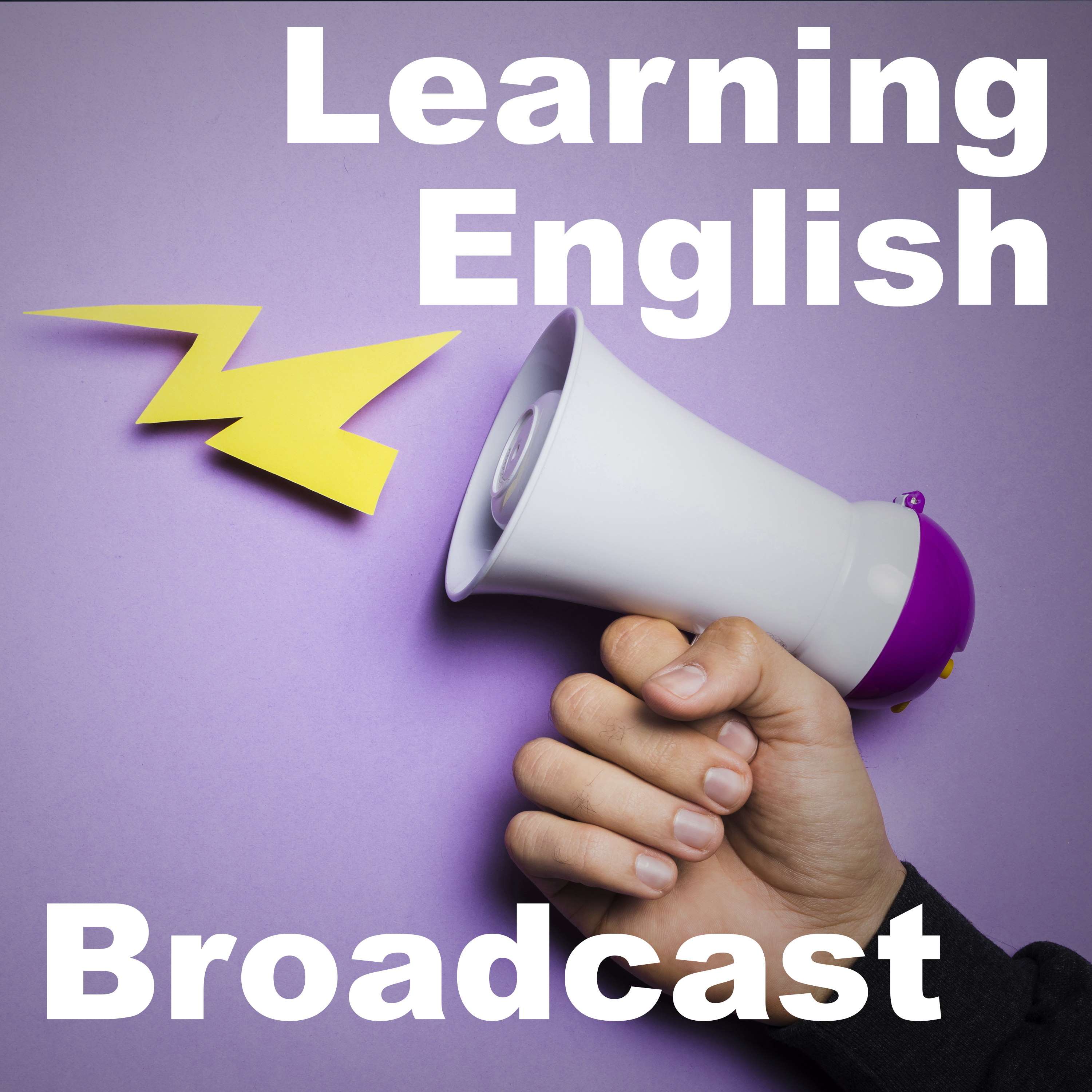
Learning English Podcast - January 01, 2025

VOA Learning English Podcast - VOA Learning English
Deep Dive
Why are atomic bomb survivors in Japan campaigning for nuclear disarmament?
Survivors of the U.S. atomic bombings on Hiroshima and Nagasaki are campaigning for nuclear disarmament to prevent future tragedies. They believe Japan, as the only country to have suffered atomic attacks, should lead this movement. The 80th anniversary of the bombings in 2025 adds urgency to their efforts.
What is the significance of the Nobel Peace Prize for atomic bomb survivors?
The Nobel Peace Prize has given atomic bomb survivors new energy to campaign for nuclear disarmament. It serves as recognition of their decades-long efforts and hardships, including discrimination and health issues caused by radiation.
How long did early humans in the Americas coexist with giant animals?
Recent research suggests that early humans in the Americas coexisted with giant animals, such as giant sloths and mastodons, for at least 10,000 years. This challenges the earlier belief that humans quickly caused their extinction.
What evidence suggests humans interacted with giant sloths in ancient times?
Archaeologists found bones of giant sloths in Santa Helena, Brazil, that appear to have been altered by humans. The bones, about 27,000 years old, show signs of being carved and used as jewelry, indicating early human interaction.
Why is it unrealistic for English learners to aim for a native-like accent?
Achieving a native-like accent is often unrealistic for English learners, especially those who start learning after puberty. Brain and muscle plasticity decrease with age, making it difficult to control mouth muscles in the same way as native speakers.
What are reasonable pronunciation goals for English learners?
Reasonable pronunciation goals include improving specific sounds that are difficult to pronounce, such as 'R' and 'L,' rather than aiming for a native-like accent. The focus should be on being easily understood in everyday situations.
How do Americans use hesitation noises like 'um' in conversation?
Americans use hesitation noises like 'um' to buy time while thinking of an answer or to politely decline a request. These sounds help maintain a conversational flow and show politeness.
What does the word 'oh' convey in American English?
The word 'oh' is used to express surprise, realization of a mistake, or to add an informal tone to speech. Its tone and length can vary depending on the significance of the situation.
- Nobel Peace Prize awarded to Nihon Hidankyo
- 80th anniversary of atomic bombings approaching
- Survivors' renewed dedication to nuclear disarmament
- Japan's role in leading nuclear disarmament efforts
- Concerns about the long-term effects of radiation
Shownotes Transcript
On today’s podcast, atomic bombing survivors in Japan aim to support nuclear disarmament; how long did early humans in the Americas live with huge beasts? Set reasonable learning goals for the new year; then, small words and sounds on Lesson of the Day.